Nội Dung Chính
- 1. SPEAKING Work in pairs. Read the definition of vocational. Then think of three jobs for which you would need to do a vocational degree.
- 2. Read the task and the essay. Do you agree with the writer’s general opinion? Why? / Why not?
- 3. Look at the paragraph plan for a for and against essay. Then decide where the paragraph breaks should come in the essay in exercise 2.
- 4. Look at the essay in exercise 2 again. What phrase does the writer use to
- 5. Read the Writing Strategy. Underline two rhetorical questions in the essay in exercise 2. What are the expected answers?
- 6. Read the task. Then plan your essay following the paragraph plan below.
- 7. Write your essay (150–180 words) using your plan from exercise 6. Include one or two rhetorical questions.
(Page 81)
I can write a for and against essay about education and work.
1. SPEAKING Work in pairs. Read the definition of vocational. Then think of three jobs for which you would need to do a vocational degree.
vocational /vəʊˈkeɪʃənl/ adj (of education or training) preparing students for a particular job: Vocational courses such as costume design and catering are becoming very popular.
2. Read the task and the essay. Do you agree with the writer’s general opinion? Why? / Why not?
Students should be encouraged to choose vocational courses at university instead of more traditional courses. Discuss.

Some people maintain that the benefits of vocational courses are greater than those of more traditional ones. That is the question we need to consider. It is certainly true that the workplace is becoming more competitive. A vocational course may be a more direct route into employment compared to traditional courses. It is also undeniable that certain jobs (for example nurse, hairdresser) are only available to people with a vocational qualification. On the other hand, choosing a vocational course means deciding what job you want to do when you are still at school. Many people believe this is too early. How can a teenager know what job is right for him or her? Another problem is that vocational courses only focus on what you need to learn for a particular job. Is it not better for students to explore other interests while at university? On balance, I do not believe that students should choose vocational courses unless they are sure what career they want to follow. It is wiser to opt for a course that really interests you.
3. Look at the paragraph plan for a for and against essay. Then decide where the paragraph breaks should come in the essay in exercise 2.
Paragraph 1: Introduction
Paragraph 2: Arguments for
Paragraph 3: Arguments against
Paragraph 4: Conclusion (the writer’s opinion)
4. Look at the essay in exercise 2 again. What phrase does the writer use to
1 introduce the first argument for?
2 introduce the second argument for?
3 introduce the first argument against?
4 introduce the second argument against?
5 begin the conclusion?
Writing Strategy
Rhetorical questions can make an essay more persuasive, provided you only include one or two. You do not have to answer the questions, but always make sure that the expected answer is clear, e.g.
Some people work long hours for very low pay. How can this be right? (Expected answer: It can’t be right.)
5. Read the Writing Strategy. Underline two rhetorical questions in the essay in exercise 2. What are the expected answers?
6. Read the task. Then plan your essay following the paragraph plan below.
More students should choose to do voluntary work during the long holidays rather than working for money. Discuss.
Paragraph 1: Introduction (rephrase the statement in the task)
Paragraph 2: Arguments for (include two)
Paragraph 3: Arguments against (include two)
Paragraph 4: Conclusion (state your opinion)
7. Write your essay (150–180 words) using your plan from exercise 6. Include one or two rhetorical questions.
CHECK YOUR WORK
Have you ...
- followed your paragraph plan carefully?
- presented both sides of the argument?
- included at least one rhetorical question?
- checked the spelling and grammar?
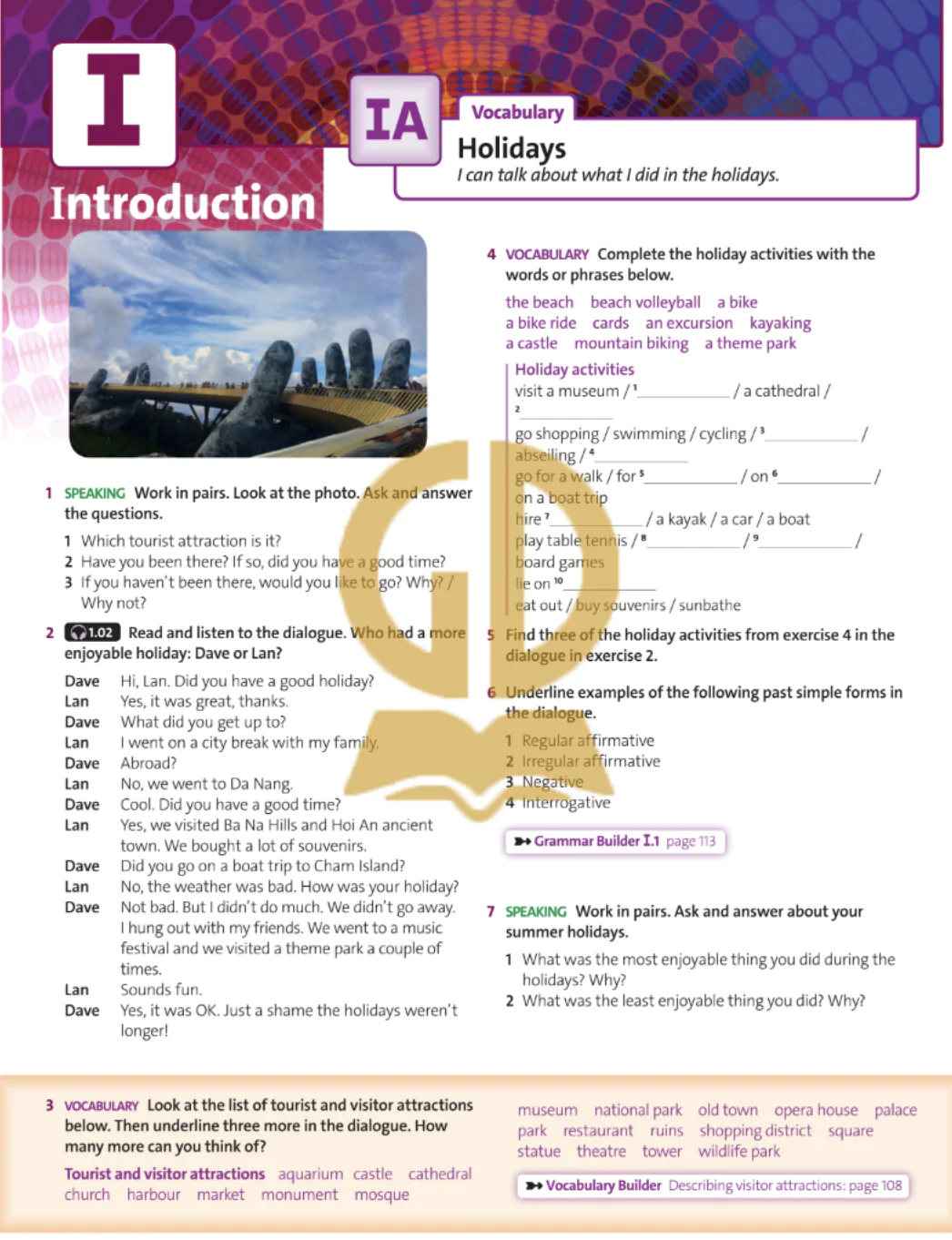
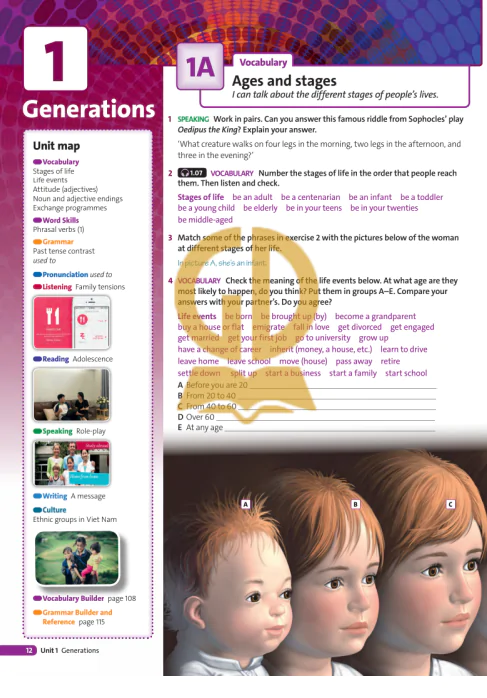
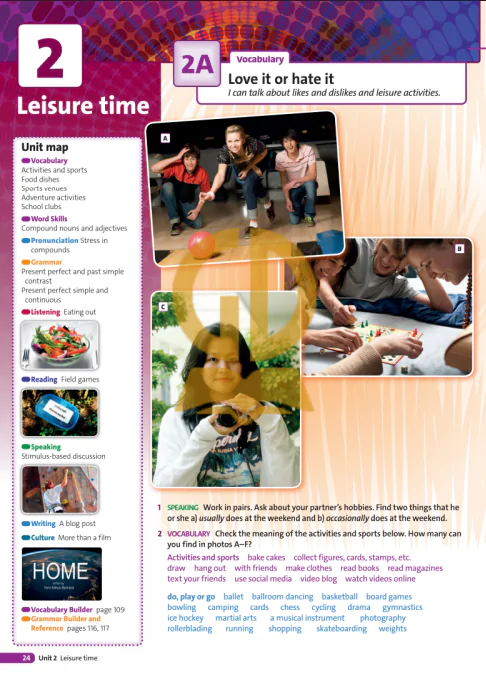
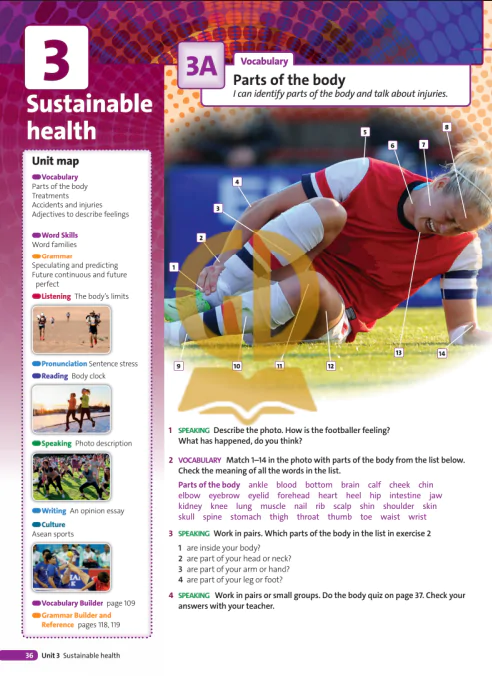
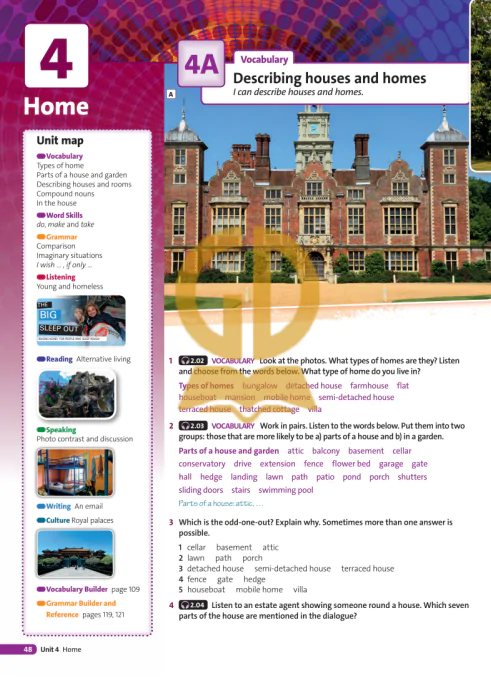
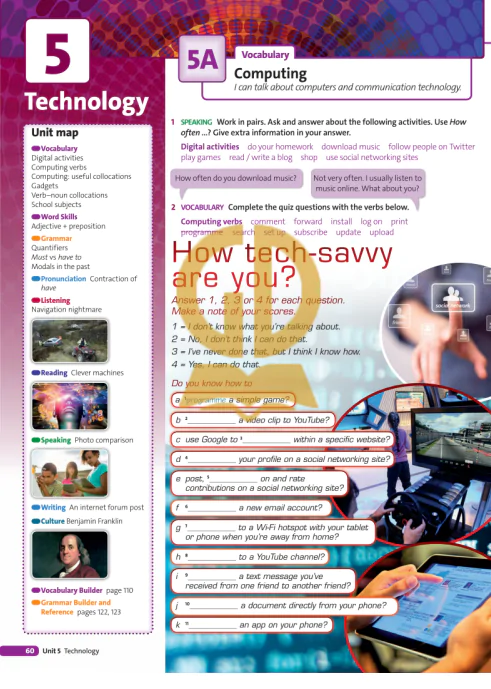


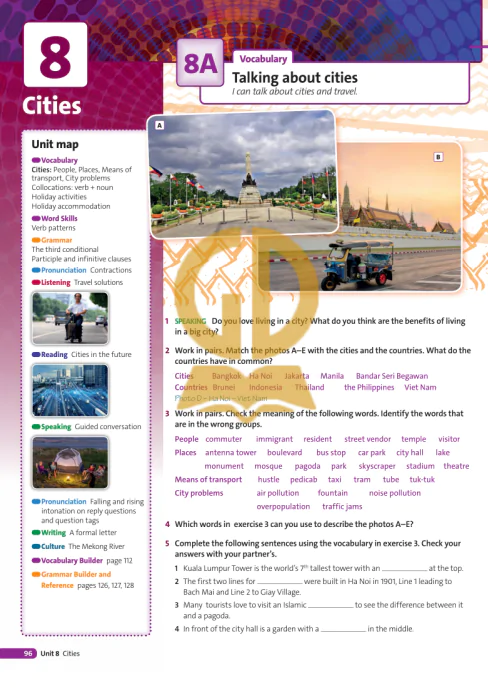









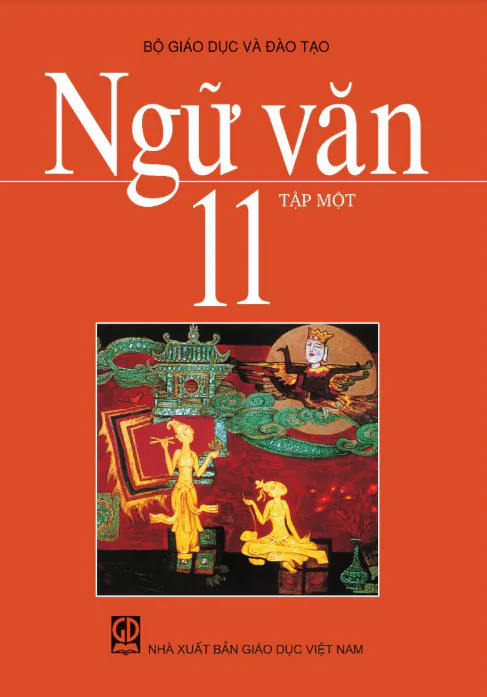





























Bình Luận
Để Lại Bình Luận Của Bạn